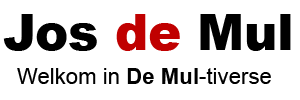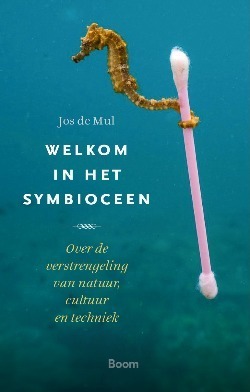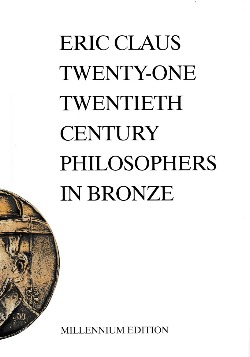Jos de Mul, The (Bio)technological Sublime. After Hours Conversation lecture. Institute for Advanced Study, Princeton, October 2, 2012.
In our (post)modern world it is no longer the superior forces of nature that calls forth the experience of the sublime, but rather, the superior forces of technology. However, with the transfer of power from divine nature to human technology, the ambiguous experience of the sublime also nests in the latter. In the era of converging technologies – information technology, biotechnology, nanotechnology and the neurosciences – it is technology itself that gains an ungeheuer character in its battle with nature. Without doubt these technologies have increased our power over nature enourmously.
However, this does not mean that we have become gods in the sense that we have gained control over our own destiny. Rather, our relation with nature is changing:
Where technology and nature are traditionally seen as opposed to each other, they now appear to merge or even trade places. While old nature, in the sense of trees, plants, animals, atoms, or climate, is increasingly controlled and governed by man – it is turned into a cultural category –, our technological environment becomes so complex and uncontrollable, that we start to relate to it as a nature of its own.
While technology is an expression of the grandeur of the human intellect, we also increasingly experience it as a force that controls and threatens us. Technologies such as atomic power station and genetic modification, to mention just two paradigmatic examples, are Janus-faced: they reflect, at once, our hope for the benefits they may bring as well as our fear of their uncontrollable, destructive potentials.
At first sight it seems that in these cases technology completely controls and conquers nature. However, in the fast growing domain of the biotechnologies (which will probably become as important in the twenty-first century as the physical sciences were in the twentieth century), we witness a remarkable revenge of nature within technology. After all, technologies like genetic modification and synthetic biology create entities that are no longer passive manipulatable innate elements, but have, and will increasingly have, their ‘own agenda’.
A full version of this lecture will be published in the Spring 2013 issue of the Institute Letter of the IAS.
2012/10/04 (Princeton) The (Bio)technological Sublime.
Typography
- Smaller Small Medium Big Bigger
- Default Helvetica Segoe Georgia Times
- Reading Mode











